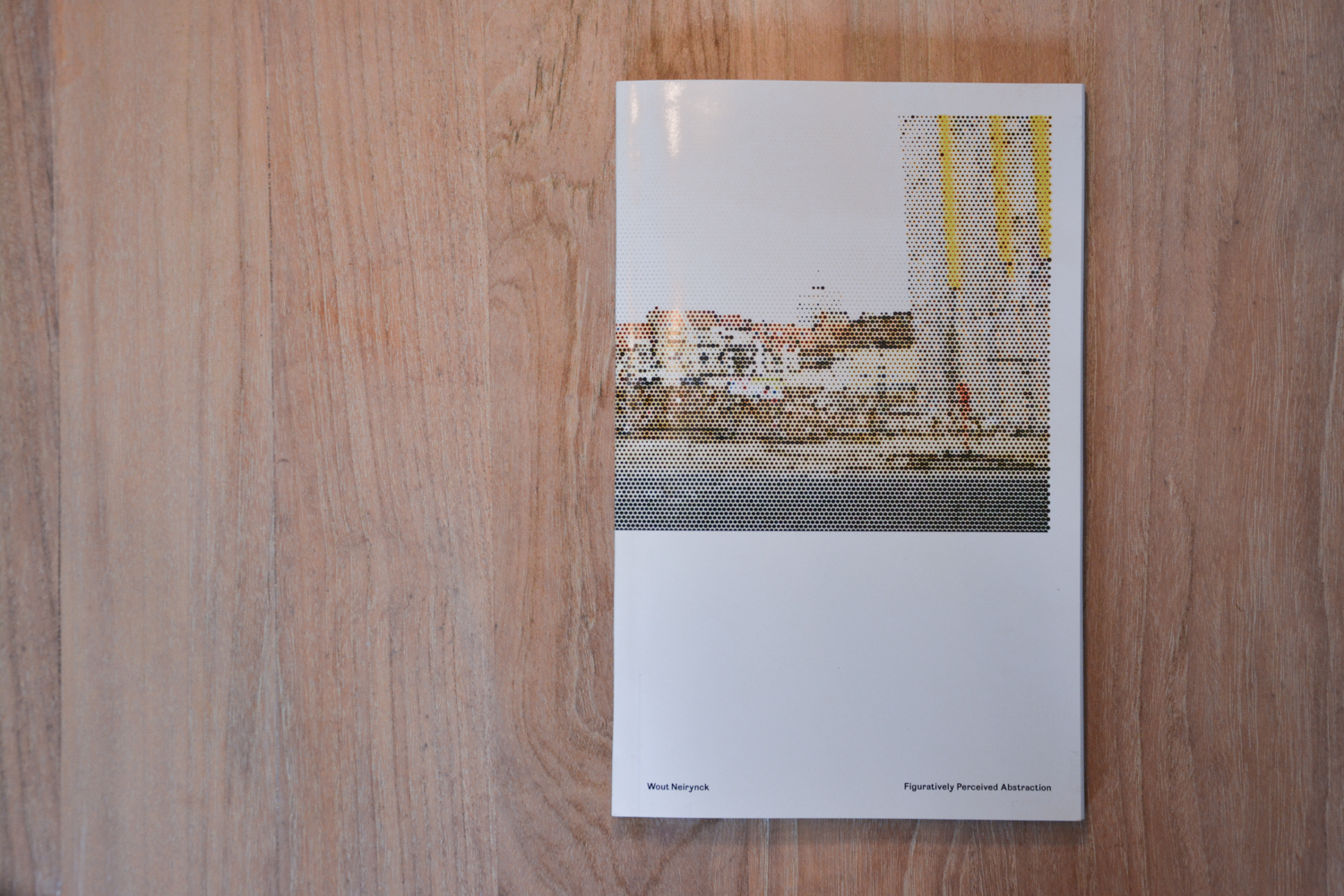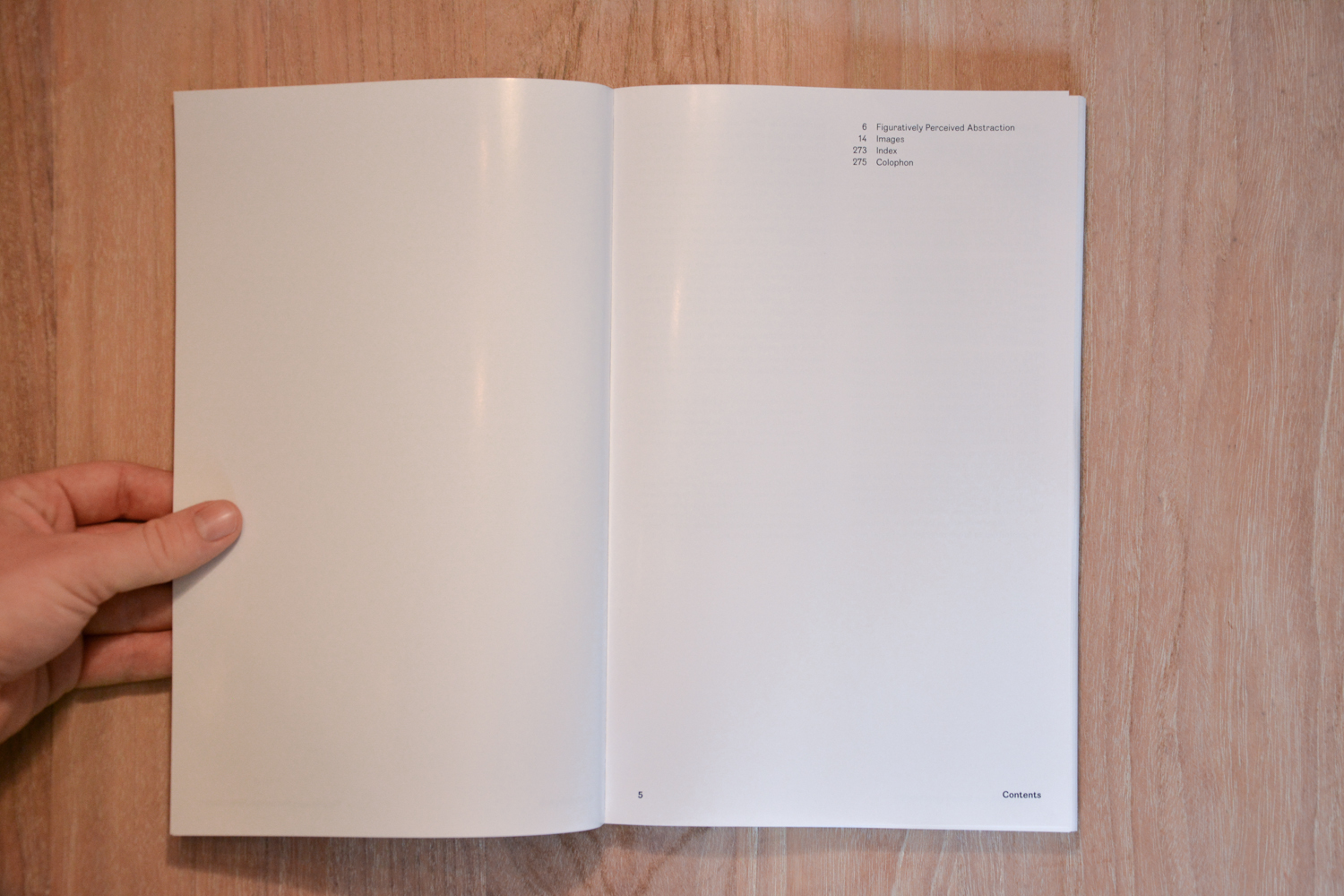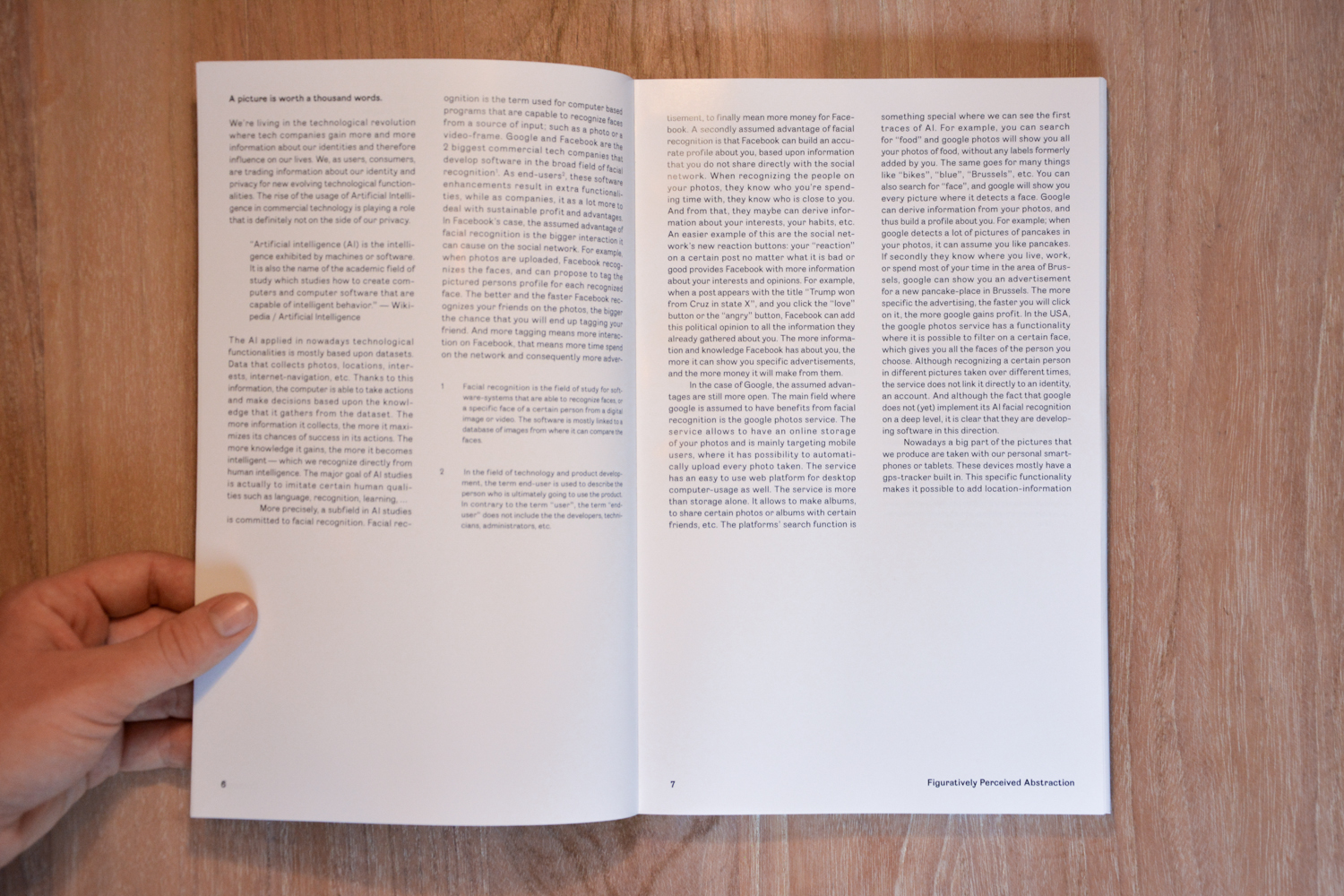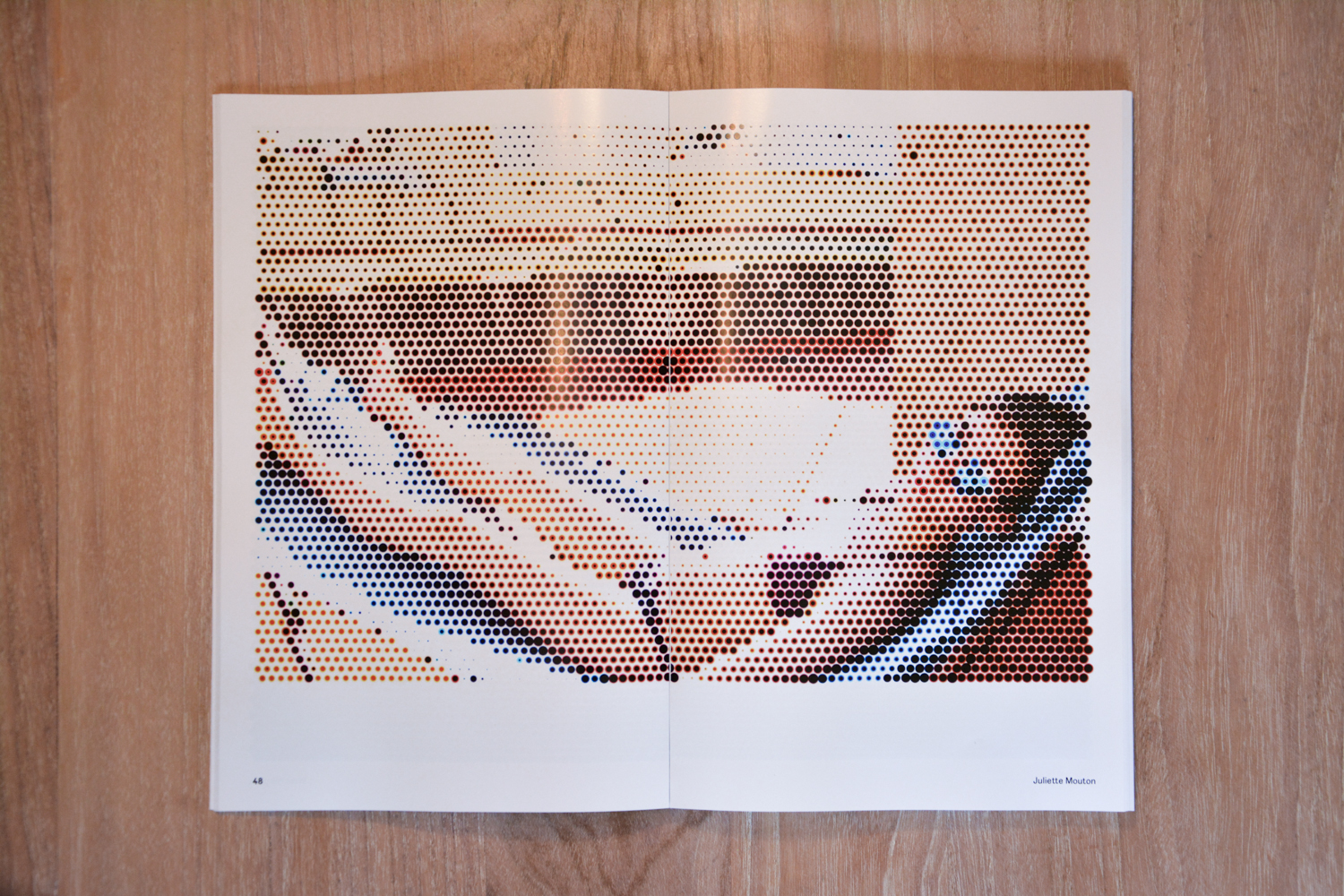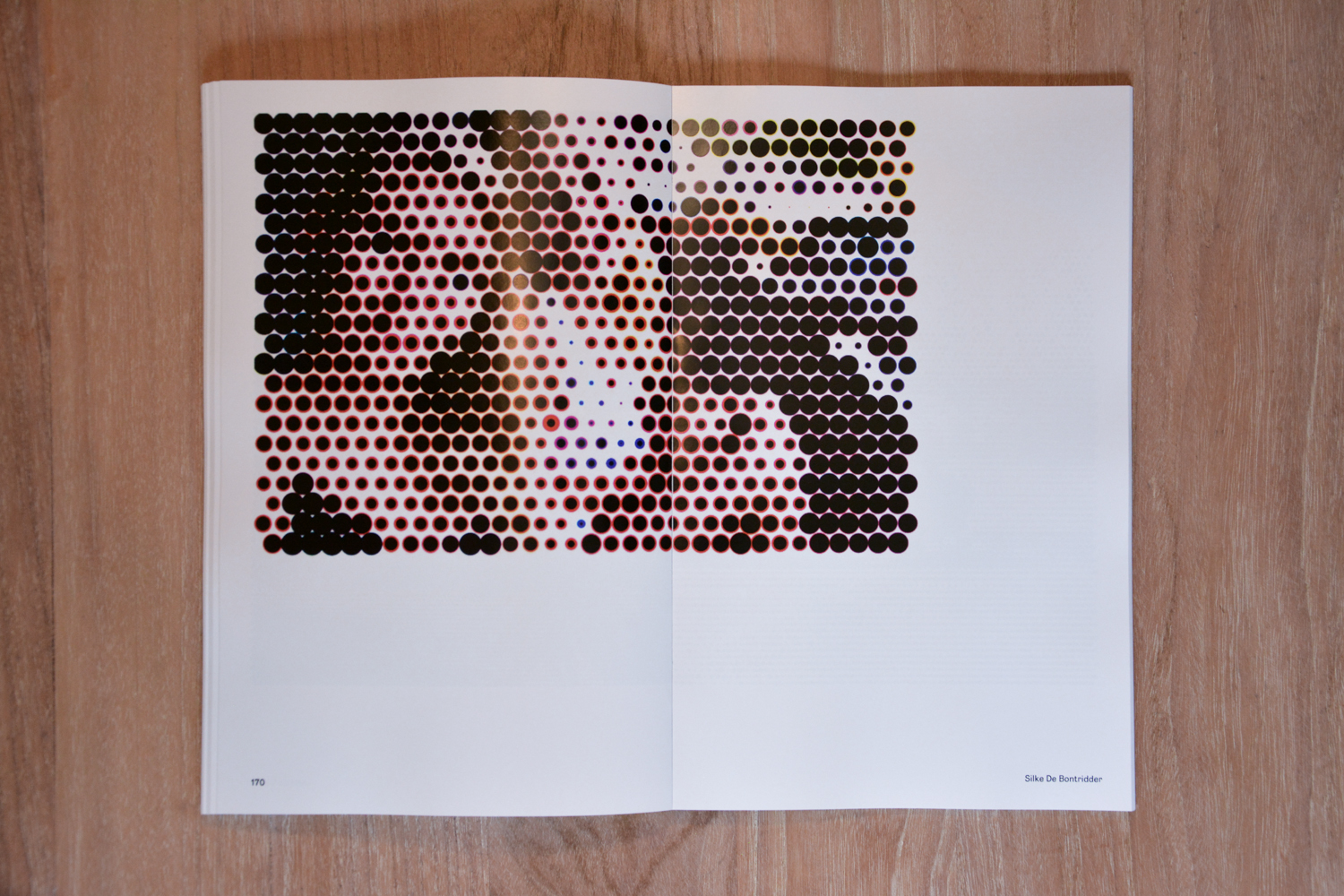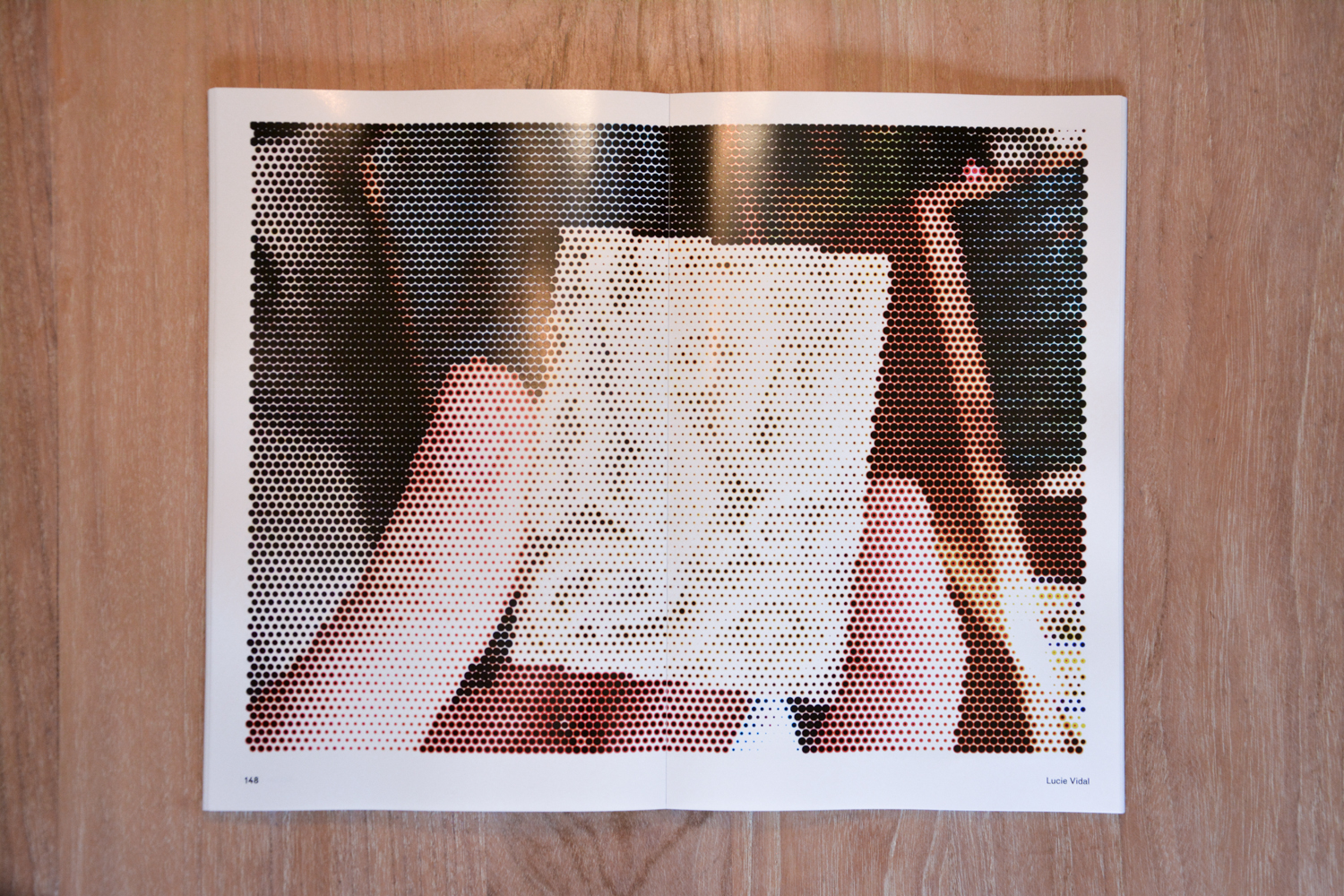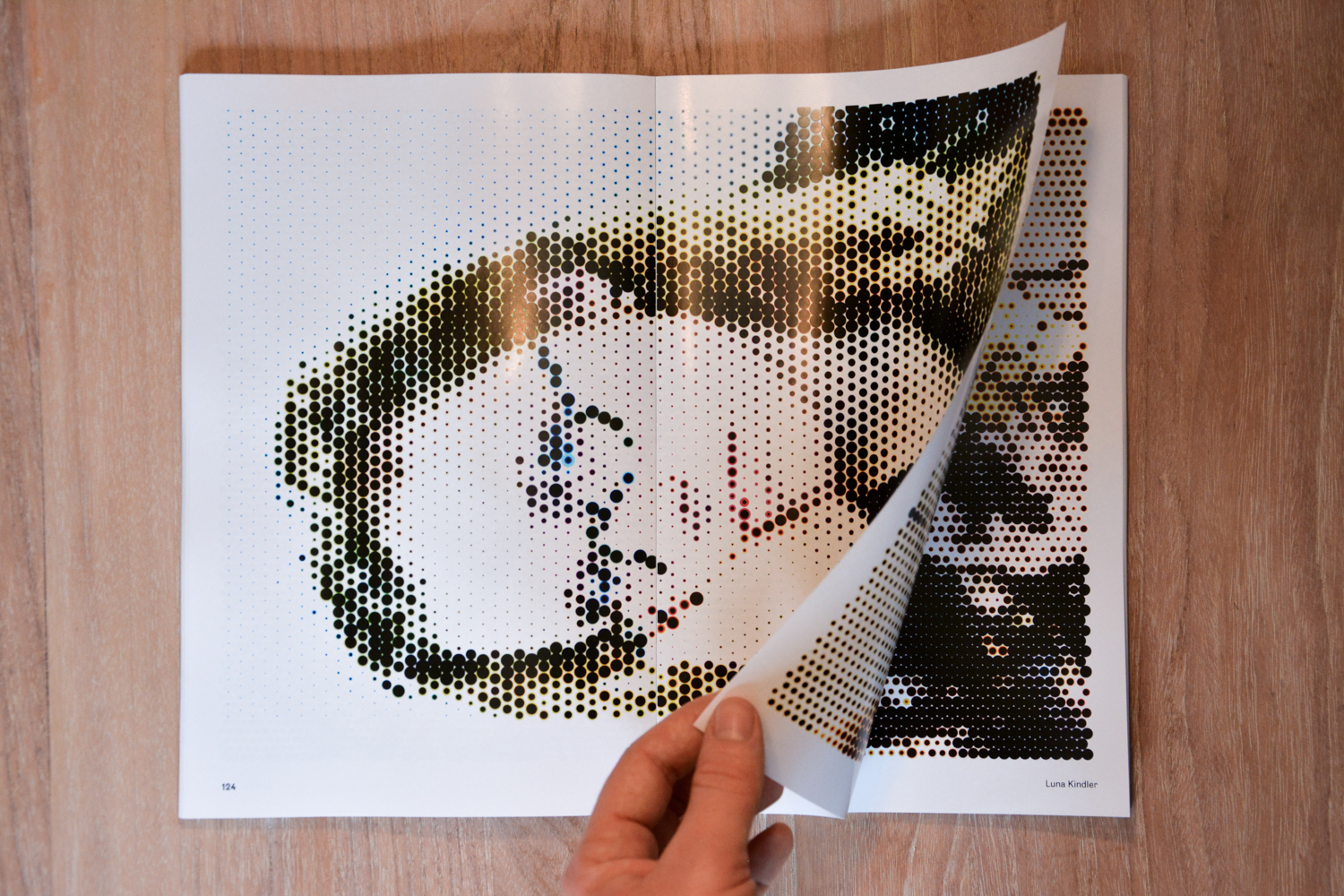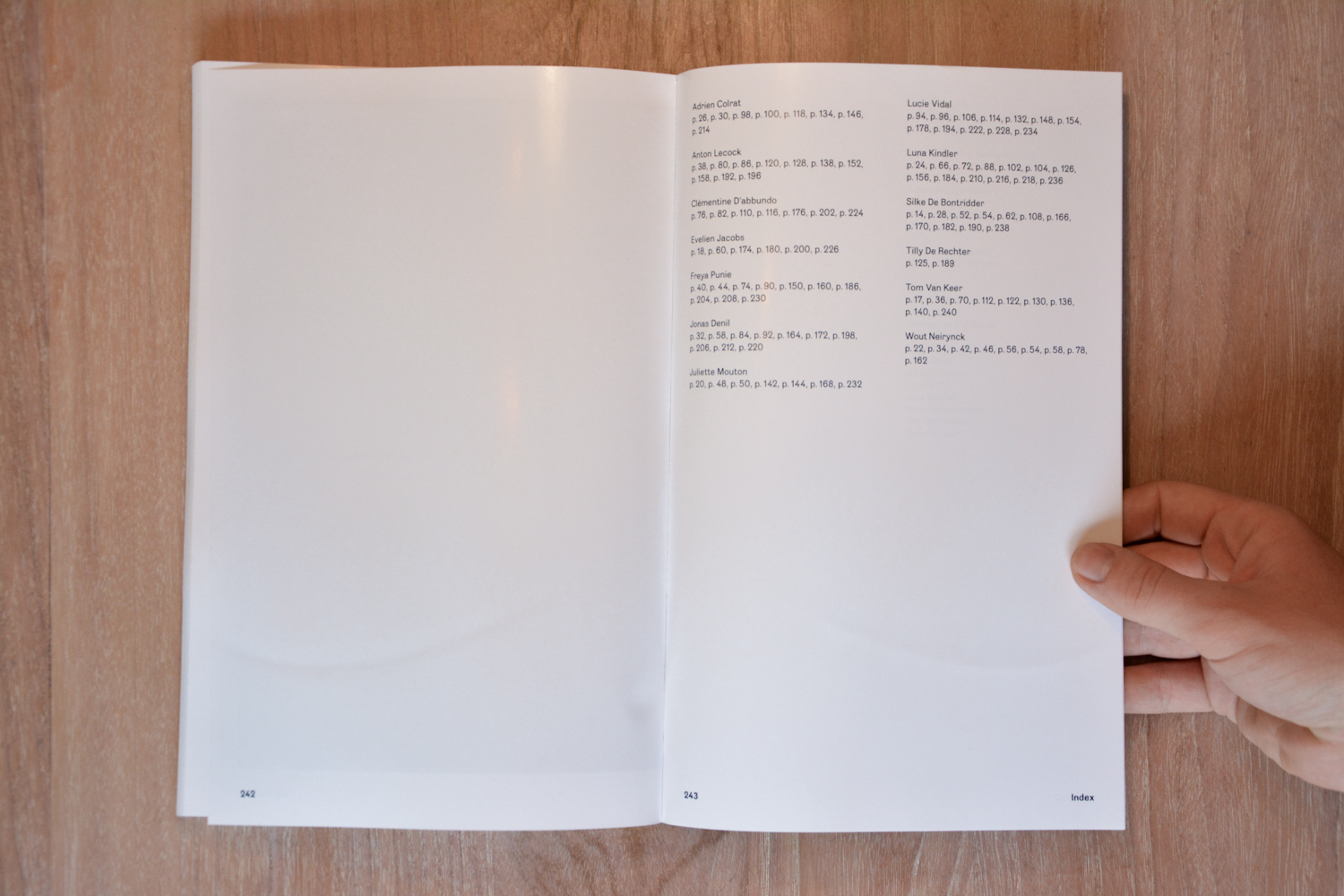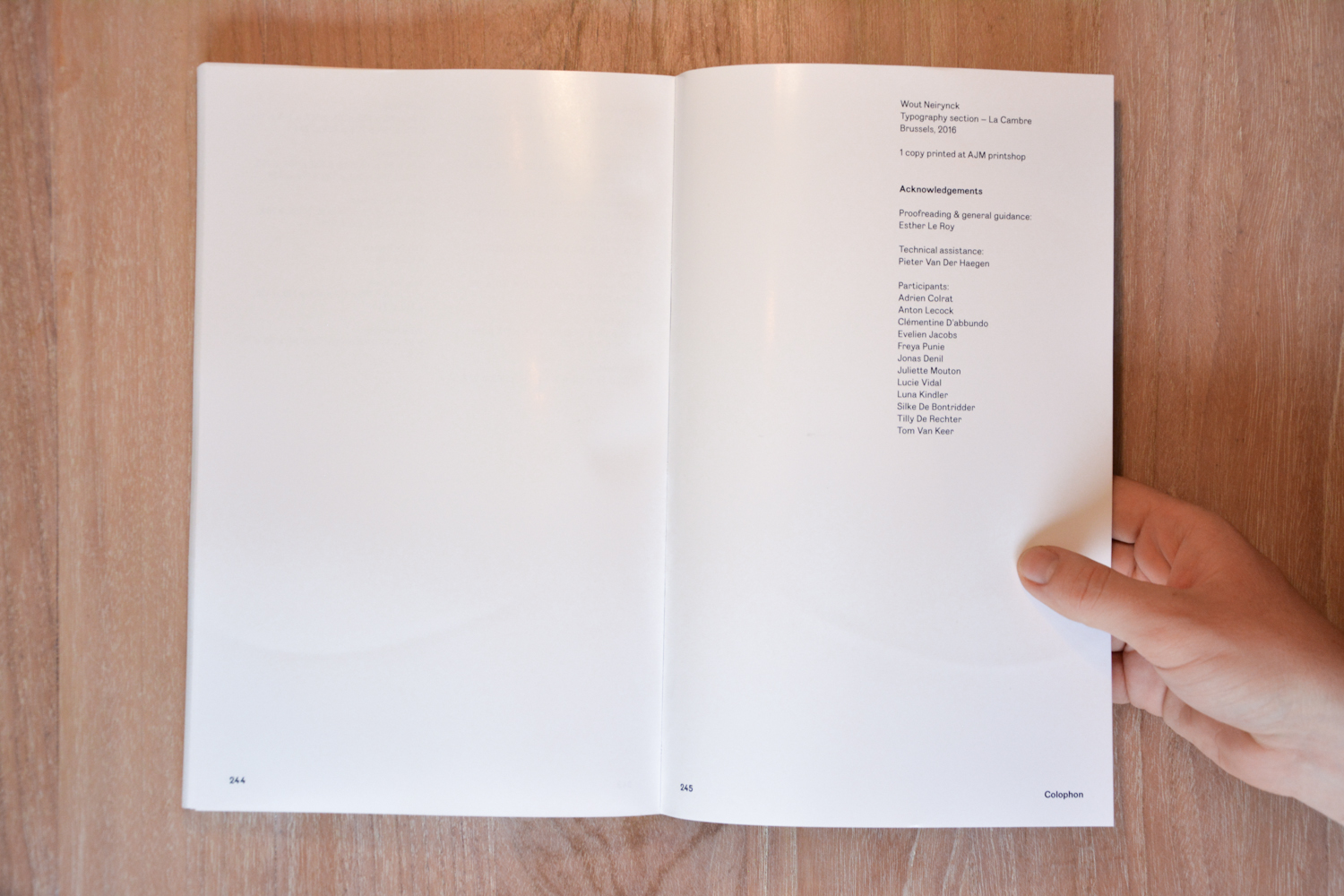We’re living in the technological revolution where tech companies gain more and more information about our identities and therefore influence on our lives. We, as users, consumers, are trading information about our identity and privacy for new evolving technological functionalities. The rise of the usage of Artificial Intelligence in commercial technology is playing a role that is definitely not on the side of our privacy.
More precisely, a subfield in AI studies is committed to facial recognition. Facial recognition is the term used for computer based programs that are capable to recognize faces from a source of input; such as a photo or a video-frame. Google and Facebook are the 2 biggest commercial tech companies that develop software in the broad field of facial recognition.
In this theme and concept, I created a filter for digital images. When applied on an image, the filter abstracts the image in a certain way by translating the colors of the original image into circles. When the filter is applied on an image with one or multiple faces on it and then uploaded on Facebook, the latter is not able to recognize the face(s) that are shown in the picture. The abstraction bypasses the facial recognition.
Technical Assistance by Pieter Van der Haegen.
Read the full text here.

